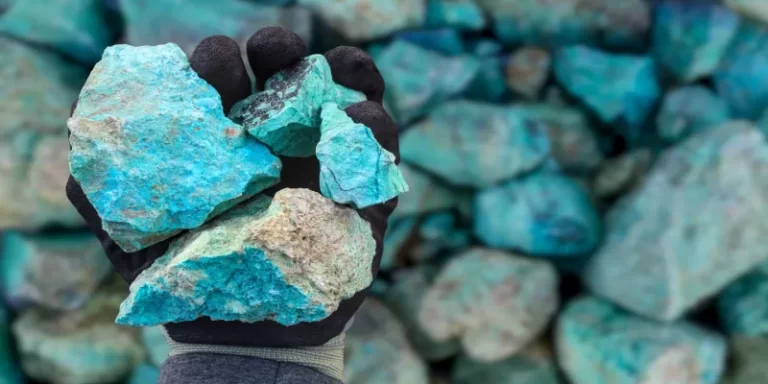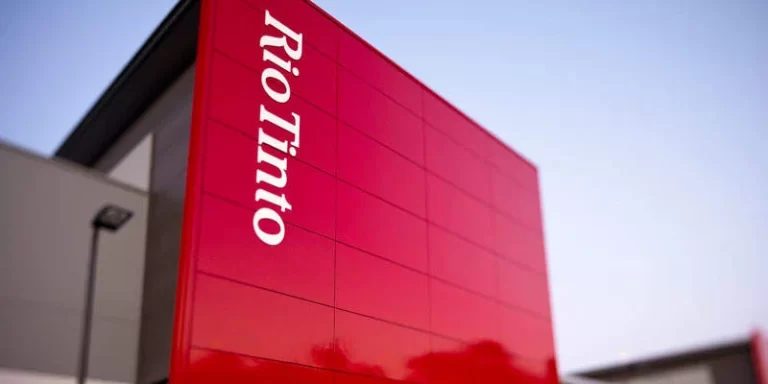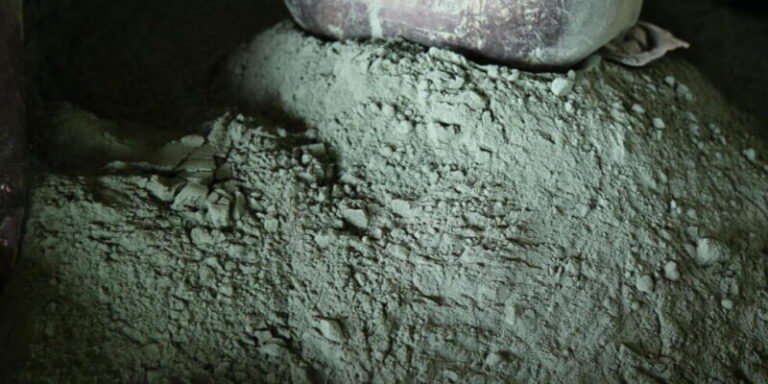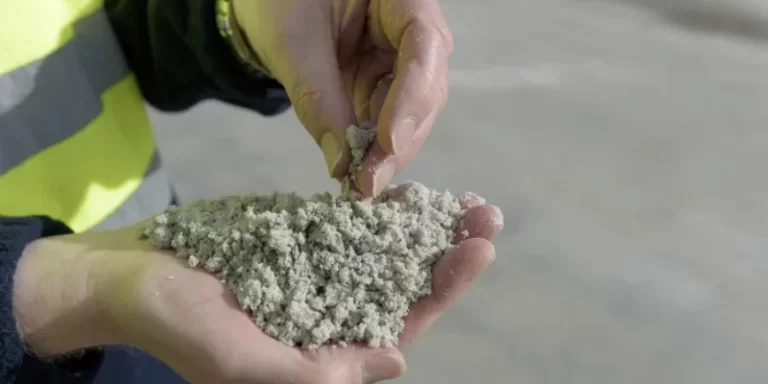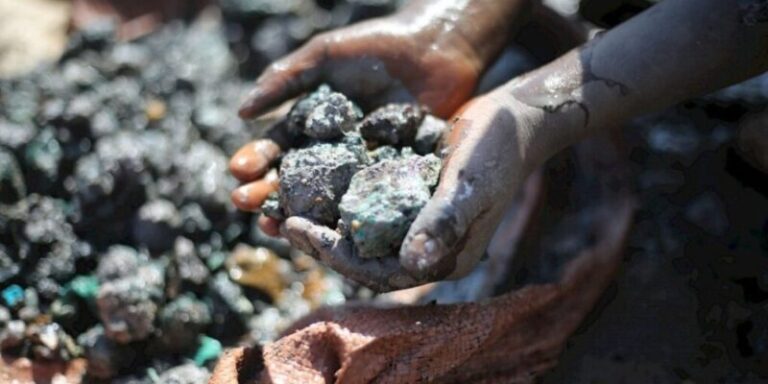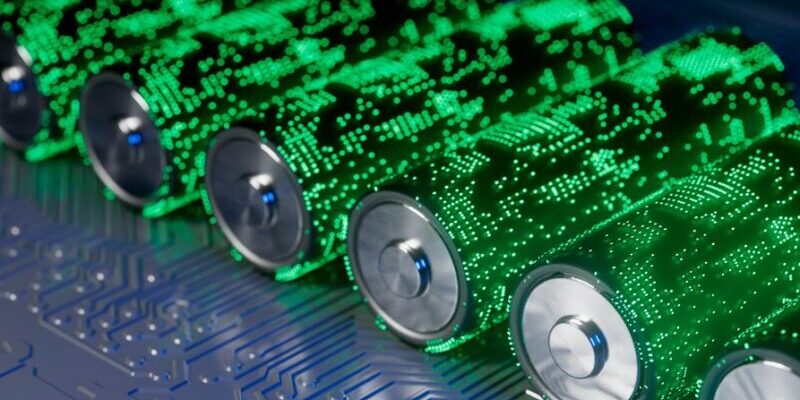
Chinese scientists have achieved a significant breakthrough in battery technology with the development of a water-based battery boasting nearly double the energy density of traditional lithium batteries.
The findings, published in Nature Energy, herald a promising advancement in the quest for safer and more efficient energy storage solutions.
Researchers from the Chinese Academy of Sciences conducted tests on the aqueous iodine-bromine battery, revealing an impressive energy density of up to 1,200 watt-hours per liter (Wh/L).
This surpasses the energy density of non-aqueous lithium batteries, which typically max out at around 700 Wh/L.
Moreover, the aqueous battery offers inherent safety advantages over its non-aqueous counterparts, renowned for their flammability.
The potential of this water-based battery in revolutionizing energy storage is underscored by its promise for developing next-generation rechargeable aqueous batteries.
Li Xianfeng, one of the authors and a professor at the CAS Institute of Chemical Physics in Dalian, emphasized that these findings could significantly broaden the applications of aqueous batteries, particularly in the realm of power batteries.
Notably, the current reliance on lithium-ion batteries in electric vehicles underscores the importance of advancing battery technology.
A typical lithium-ion battery for an electric car contains approximately 8 kilograms (kg) of lithium, according to data from the U.S. Department of Energy.
This breakthrough not only offers a glimpse into the future of energy storage but also presents a compelling avenue for reducing reliance on lithium while enhancing safety and efficiency in battery technology.



